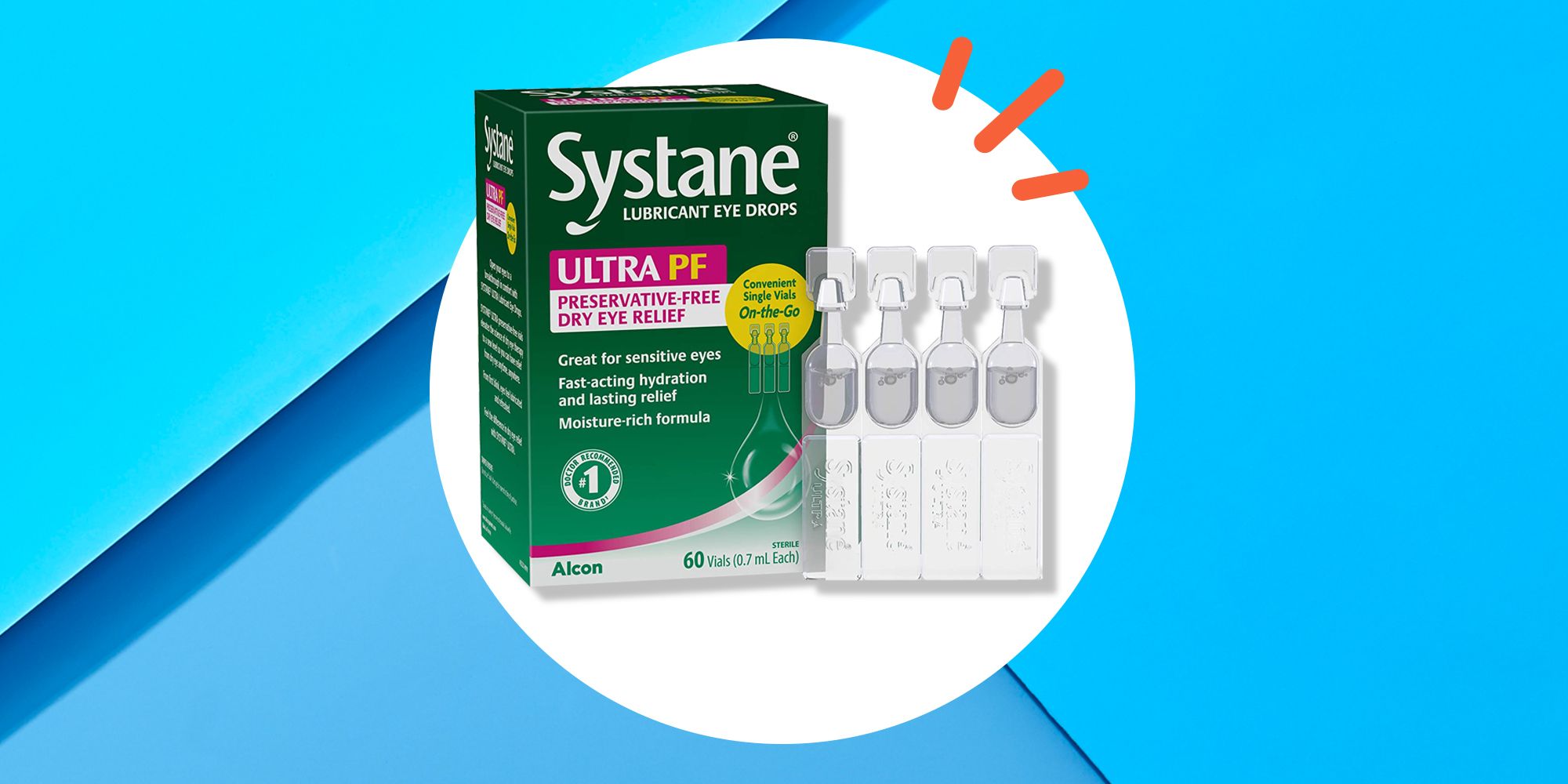Obviously, there are a bunch of different illnesses that could cause a sore throat. Your throat irritation could be due to a cold, acid reflux, strep throat, or even COVID-19. It can also be from something as minor as being in a dry environment or talking too much. That said, seasonal allergies can also cause a sore throat—especially when it’s springtime or fall.
The reason that allergies sometimes cause a sore throat is slightly complicated (more on that in a bit)—but the good news is that it is possible to treat a sore throat from allergies and maybe even prevent it from happening.
Okay, but how do you get a sore throat from allergies in the first place? And how can you get rid of your sore throat ASAP? Allergists weigh in.
Can you get a sore throat from allergies? And what causes it?
Yep, and how you develop it all comes down to how your body reacts when it’s exposed to an allergen like pollen. If you have allergies, your immune system will react to being exposed to an allergen by releasing histamines, chemicals that cause allergy symptoms.
For many people with seasonal allergies, those histamines can cause a stuffy, runny nose—and that can trigger post-nasal drip, i.e. mucus running down the back of your throat, explains Purvi Parikh, MD, an allergist with Allergy & Asthma Network. And that can cause irritation back there. Cue the sore throat. “Often, first thing in morning it will be worse from laying down all night,” Dr. Parikh says.

Post-nasal drip isn’t the only reason you might develop a sore throat from allergies, though. Coughing and mouth breathing (from having a stuffy nose) can also mess with the way your throat feels, says Kara Wada, MD, an allergist at The Ohio State University Wexner Medical Center.
Of course, not everyone with allergies gets a sore throat. “Allergies can affect each of us differently,” Dr. Wada says. There are some things that might make you more prone to struggling with a sore throat from allergies, Dr. Parikh says, including how severe your allergies are and the anatomy of your nose.
Also worth pointing out: If you have allergies to several things that can crop up in the springtime, like pollen and grass, you might be more likely than other people to board the sore throat struggle bus as you’re reacting to all these different triggers at once.
What are other common allergy symptoms that can come along with a sore throat?
Your sore throat from allergies can happen along with the other typical seasonal allergy symptoms, Dr. Wada says. Those include:
- Nasal congestion
- Runny nose
- Itchy, watery eyes
- Sneezing
- Cough
- Wheezing
- Headaches
- Fatigue
Can you have just a sore throat from allergies, with no other symptoms?
Technically, it’s possible to have just this one symptom from allergies, but it’s “less likely to be your only symptom,” Dr. Wada says. Basically, if you develop a sore throat and don’t have any other issues, like a runny, stuffy nose, you should at least consider that your pain might be due to something else.
How can you tell a cold from allergies?
“This can be challenging,” Dr. Wada says. Still, there are a few signs that you might be dealing with one vs. the other.
“Typically, allergies will last longer—weeks to months—whereas colds will last one to two weeks,” Dr. Wada says. Colds also tend to “have more body symptoms” like muscle aches and even a fever, Dr. Parikh says. And, unless you develop an infection related to your allergies, you shouldn’t get a fever from allergies.
What’s the best way to manage a sore throat from allergies?
Fact: You don’t need to suffer through this, and allergists say there are a few things you can do to try to relieve your pain. Ultimately, Dr. Wada says, the best treatment is a combo of tackling your nasal symptoms and sore throat. Try these treatment options.
- Use an antihistamine. Antihistamines block the effects of histamines, lessening the risk you’ll develop allergy symptoms, including a sore throat, Dr. Wada says.
- Try a nasal steroid spray. Nasal steroid sprays help reduce inflammation in your nasal passages, Dr. Wada says, and could help tamp down on post-nasal drip.
- Gargle with warm salt water. Not only does it feels soothing on your throat, Dr. Wada says, the salt in the water can help pull mucus out of the area and make you feel better.
- Have some honey. If a cough is behind your sore throat, consider having a spoonful of honey. Research has found that honey can reduce how often and how intensely you cough when you’re sick. “Honey can also be soothing for sore throats for anyone over age one,” Dr. Wada says.
If you have a sore throat from allergies and this is a regular thing for you, Dr. Parikh recommends talking to your doctor or allergist about allergen immunotherapy, which are shots you can take to help reduce your reaction to allergens. These “can make you less allergic to the trigger over time,” Dr. Parikh says.
The bottom line: You can totally get a sore throat from seasonal allergies, but if your sore throat doesn’t come with any other allergy symptoms, you might be dealing with something else.
Source: Read Full Article